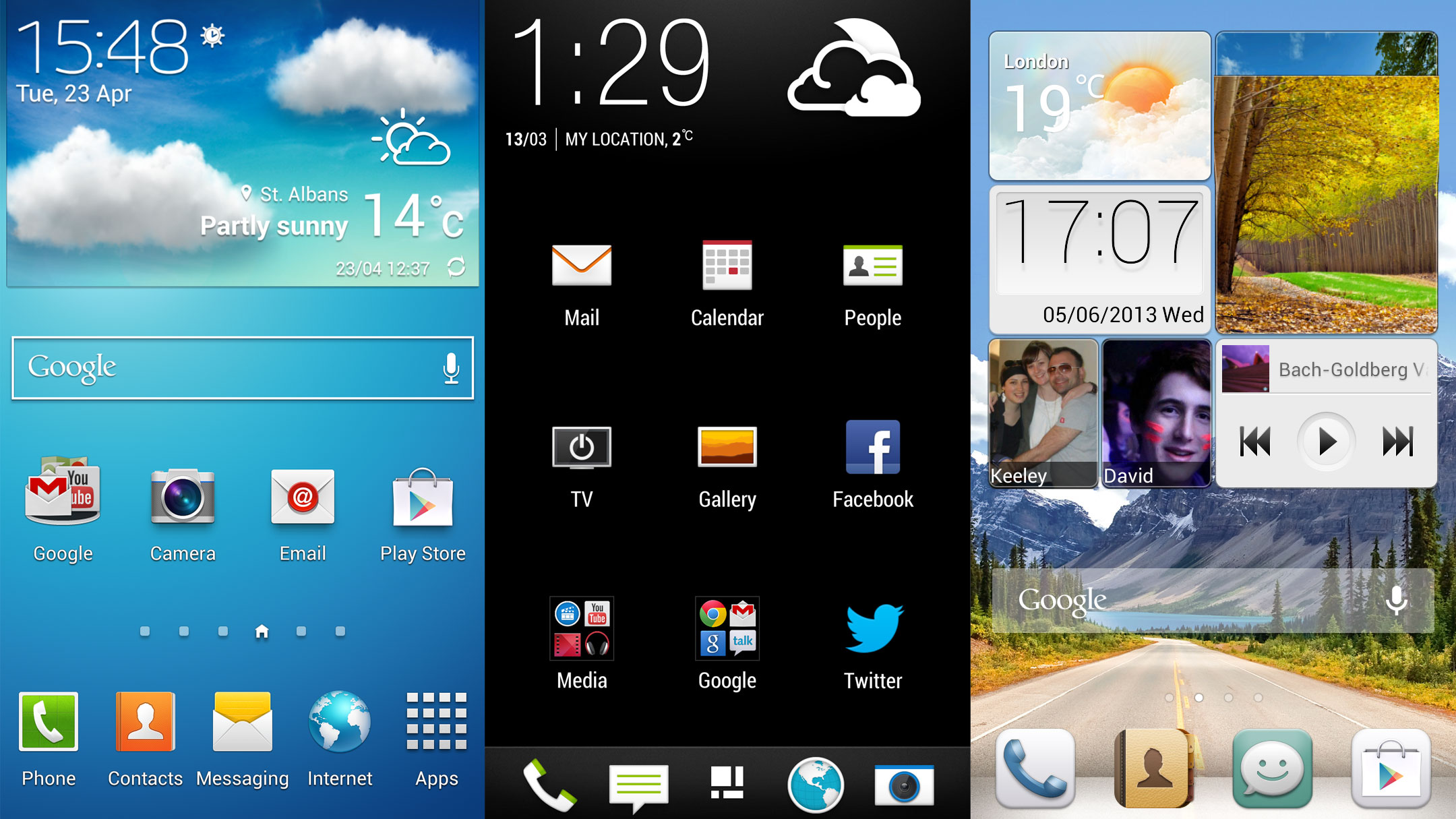Acer: Android isn't broke so we won't try to fix it
Android "does a great job", so why mess with it?

Phone manufacturers love a good Android overlay, just take a look at Sense 5.0 on the HTC One, TouchWiz on the Samsung Galaxy S4 or even the Emotion 1.5 UI on the Huawei Ascend P2 - they just can't let Google's creation be - but that's not the case over at Acer.
The Taiwanese firm spoke to TechRadar and explained that it would rather not get tied up in the whole Android UI business and instead focus on enhancing some core aspects.
"We found from our previous experiences of creating Android UIs that they are very difficult to maintain, especially keeping track with Google's migrations," explained S T Liew, the President of Acer's global smartphone division.
"Android actually does a great job at serving up the right user experience and it allows people to migrate from one Android phone to another with relative ease.
"With each phone we assess its main features and we enhance those experiences with small UIs, such as the camera app or the note taking capabilities and multi-tasking tools on the Acer Liquid S1."
Easy to do, lots to gain
For Acer this approach makes business sense too, as the various enhancements generally don't require too much input for a decent return.
"We don't have to rewrite Android," said Allen Burnes, Acer's VP of Smartphones for EMEA, "the overhead we put into that is relatively low, but the consumer benefit is very high.
Get daily insight, inspiration and deals in your inbox
Sign up for breaking news, reviews, opinion, top tech deals, and more.
"People know Android, they like it, and we don't want to try and change their behaviour."
The Android overlay debate will probably always divide people, but we're not surprised that some manufacturers are looking at toning down their involvement in the software.

TechRadar's former Global Managing Editor, John has been a technology journalist for more than a decade, and over the years has built up a vast knowledge of the tech industry. He’s interviewed CEOs from some of the world’s biggest tech firms, visited their HQs, and appeared on live TV and radio, including Sky News, BBC News, BBC World News, Al Jazeera, LBC, and BBC Radio 4.